
THEY SAID I COULDN’T KEEP MY JOB AND RAISE HER—SO I TOOK HER ON THE ROAD
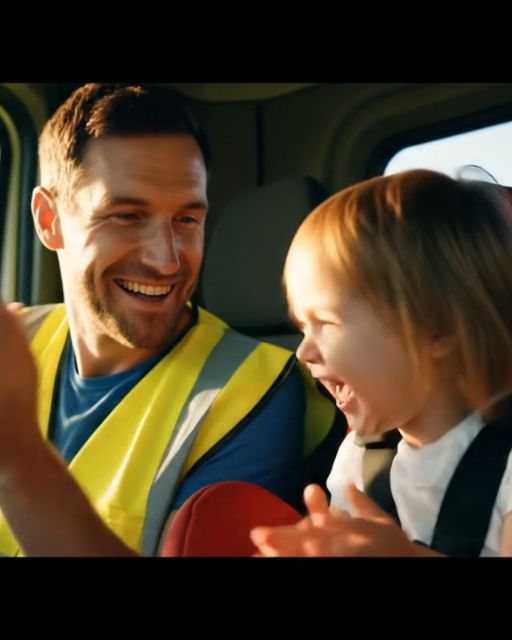
The Longest Road Home
Her mother left before I could even cry.
There was no time to grieve. Diapers needed changing. Bottles needed prepping. Appointments needed scheduling. And above all, I couldn’t afford to lose my job.
I started driving trucks at 19. Long hauls, short runs—whatever paid the bills. But suddenly, I wasn’t just a driver. I was everything.
Daycares said she was too young. Family said her mom was too far gone. When I mentioned I might take her on the road with me, most people looked at me like I’d lost my mind.
“You can’t raise a baby in a cab, mate.”
But what were my options? Quit and risk eviction? Let someone else raise her while I became a weekend visitor?
So I bought the highest-rated car seat I could find. Baby-proofed the passenger side. Packed formula, wipes, and lullabies. And took my first load—with her giggling in the mirror.
She loved it.
Every bump in the road was a rollercoaster. Every weigh station was an adventure. She cheered at cows and drifted off to the hum of the highway like it was her favorite song.
My company tried to “have a talk.” Said it wasn’t standard protocol. But something shifted.
One day, we pulled up to a customer pier. The foreman spotted her and asked,
“That your little co-pilot?”
I nodded, bracing for judgment.
Instead, he smiled.
“You know… my dad used to take me along.”
He handed me a folded note.
“Give this to dispatch. Don’t open it here.”
I strapped her in and drove off. At a red light, I unfolded the note.
It wasn’t just a message. It was an offer I never expected.
“Transfer approved. Regional route available. Home every night. Keep her close.”
I thought it was a joke. I’d been doing long hauls for years. Regional routes were usually reserved for senior drivers or guys with embroidered names on their shirts.
I called dispatch. They confirmed it.
“Foreman at McIntyre’s put in a good word. Said you’re solid. You want it?”
I nearly dropped the phone.
Home every night. That meant real dinners. A crib instead of a car seat. Bedtime stories instead of dashboard lullabies.
I said yes before he could change his mind.
Within a week, we moved into a modest trailer near the depot. Two rooms. Leaky faucet. Peeling wallpaper. But it was ours.
I decorated her room with glow-in-the-dark stars and stuffed animals. She didn’t care about the broken screen door. She cared that I was there every night.
For the first time in a long time, I felt like I was enough.
Not everyone understood.
Neighbors gave me side-eyes. A single dad raising a baby? Driving trucks? One woman asked if I was the babysitter.
I didn’t have time to explain. I had formula to buy and lullabies to sing.
One afternoon at the grocery store, she dropped her plush giraffe in the cereal aisle and burst into tears. Before I could bend down, an elderly woman picked it up and handed it to her.
She looked at me and asked,
“Your little girl?”
I nodded, bracing again.
She smiled.
“You’re doing good, dad.”
That was it. Just six words. But they hit me like a freight train.
Weeks turned into months. I stuck to the regional route. Learned how to make homemade baby food. Read parenting blogs during breaks. Her first word in the cab—“truck”—made me laugh so hard I missed my exit.
Then life threw a curveball.
A letter arrived. No return address. Handwriting I hadn’t seen in over a year.
Her mother.
She said she was in a better place. Wanted to talk. Wanted to meet.
I didn’t know how to feel. Anger bubbled up. She left when I was holding a bottle and wiping tears off my shirt. Now she wanted back in?
I stared at the letter for hours.
Eventually, I agreed to meet. Neutral ground. A park.
She smiled at our daughter like a stranger. Because to her, that’s what she was.
She looked healthier. Clearer eyes. She sat beside us and whispered,
“I’m sorry.”
I said nothing. Just rocked the stroller.
She talked—therapy, treatment, regrets. I listened.
Then came the question I feared.
“Can I see her more? Be part of her life?”
I didn’t answer right away. I needed time. Not for me—for our daughter.
I spoke to a lawyer. Friends. Eventually, I agreed to monitored visits. Once a week. Neutral location.
It wasn’t easy.
Some visits went well. Others didn’t. She missed two in a row. Sent flowers and an apology.
I kept my guard up. But I didn’t shut the door.
Then the depot called.
“Your name’s going around,” the manager said.
“Corporate wants to feature one of our drivers in a safety campaign. Family-focused. Your story came up.”
I nearly spilled my coffee.
Soon, a photographer followed us around—truck stops, rest areas, loading docks. She wore a tiny “Future Trucker” vest and waved at everyone.
The campaign went viral.
Caption:
“Some drivers carry more than freight—they carry family.”
A photo of her asleep in her car seat, clutching a toy steering wheel, melted hearts.
Messages poured in. From single parents. From struggling moms. From people who needed to believe love could exist—even in a truck cab.
Then came an envelope from corporate.
Inside: a bonus check. A big one.
And a handwritten note:
“For the driver who reminded us what matters.”
I stared at the amount. It was enough for a down payment.
I found a house. Near the depot. With a backyard and a tree out front.
I painted her room yellow. Hung stars again. Built a swing set with my own hands. Three weekends. Bleeding knuckles. Worth every second.
She ran barefoot through the grass, pointed at birds, and laughed until she collapsed.
I sipped coffee on the porch and thought,
We made it.
Her mom became more consistent. Picked her up from school sometimes. Baked cookies. Called me while they decorated together. We weren’t a couple again. But we were co-parents. Slowly, steadily.
On her third birthday, she climbed into my lap, icing smeared across her cheeks, looked me in the eye and said:
“I love our truck.”
Not “I love you.” Not “I love cake.” She loved the truck.
It meant something.
That truck wasn’t just a vehicle. It was her first home. It was where we became a family.
And I realized something.
It didn’t matter if people thought I was crazy. Or if we weren’t perfect.
What mattered was presence.
Every mile. Every night. Every hug.
A few months later, I was invited to speak at a local parenting event.
“Parenting on the road,” they said.
I laughed. Me? A speaker?
But I went.
I told them love doesn’t need a white picket fence. Sometimes it looks like baby wipes in the glove box and lullabies sung to the hum of a diesel engine.
People cried. Some hugged me. One man said,
“My wife left last month. I sleep in my car. I thought I couldn’t do this. Maybe I can.”
I told him,
“If I can, you can.”
And I meant it.
Now, years later, she’s five. Starting kindergarten. Still claps at cows. Still loves highway noise. My routes are shorter now. I’m home for bedtime, storytime, skinned knees.
Her mom and I are still trying. Not perfect. But trying.
People said I couldn’t work and raise her.
I didn’t just work—I built a life.
I didn’t just raise her—she raised me too.
So if you’re doubting yourself, thinking you can’t do it…
Let me tell you:
You can.
Even if it’s messy. Even if it’s hard.
Keep going.
Because sometimes, the longest roads lead home.
If this story gave you hope, share it with someone who needs it. And if you believe in love that defies the odds—leave a like. You never know who might need to read this today.
News in the same category


I Met My Husband and His Mistress at a Public Pool – I Wanted to Teach Him a Lesson, but Karma Had Other Plans

A Week Ago, My House Was Robbed — Today, My Son (Who Doesn't Have a Job) Bought Himself a Sports Car

My MIL Gave My Husband Papers to Divorce Me as a Birthday Gift – What He Did Next Left Everyone Speechless
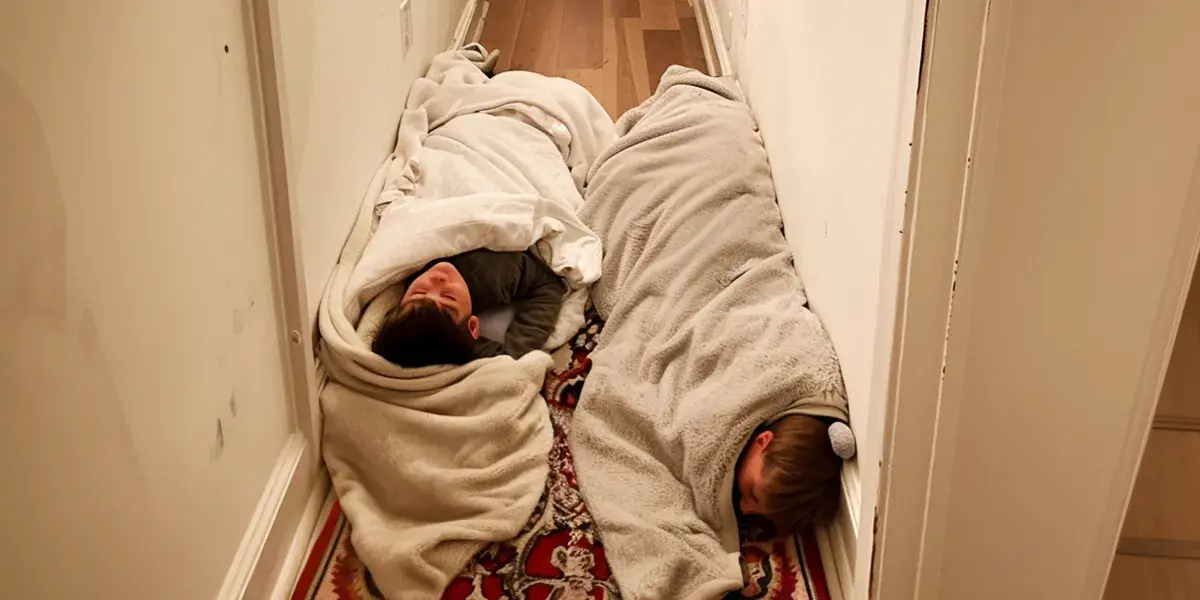
I Came Home to Find My Kids Sleeping in the Hallway — What My Husband Turned Their Bedroom into While I Was Away Made Me Feral

My Ex-MIL Demanded Receipts for Every Dollar of My Child Support Payments That I Spend

After his wife’s funeral, a father, devastated by grief, took his son to the sea to distract him.

Daddy, that waitress looks just like Mommy!” The words hit James Whitmore like a shockwave. He turned sharply—and froze. His wife had died.

— Where did such a huge bill come from? Honey, are you sure no one is stealing our electricity?” I asked in surprise.
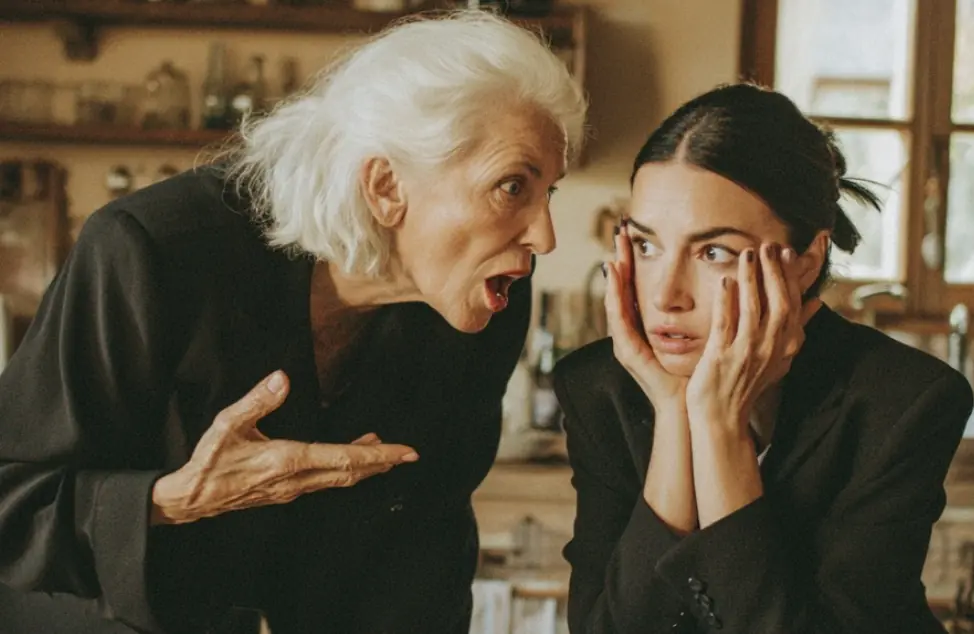
Swap apartments temporarily with my daughter! She just had a son!” — the mother-in-law “forgot” that temporarily means forever

After I Saw The Baby My Wife Gave Birth To, I Was Ready To Leave Her — But Then She Said, “There’s Something I Need To Tell You.”
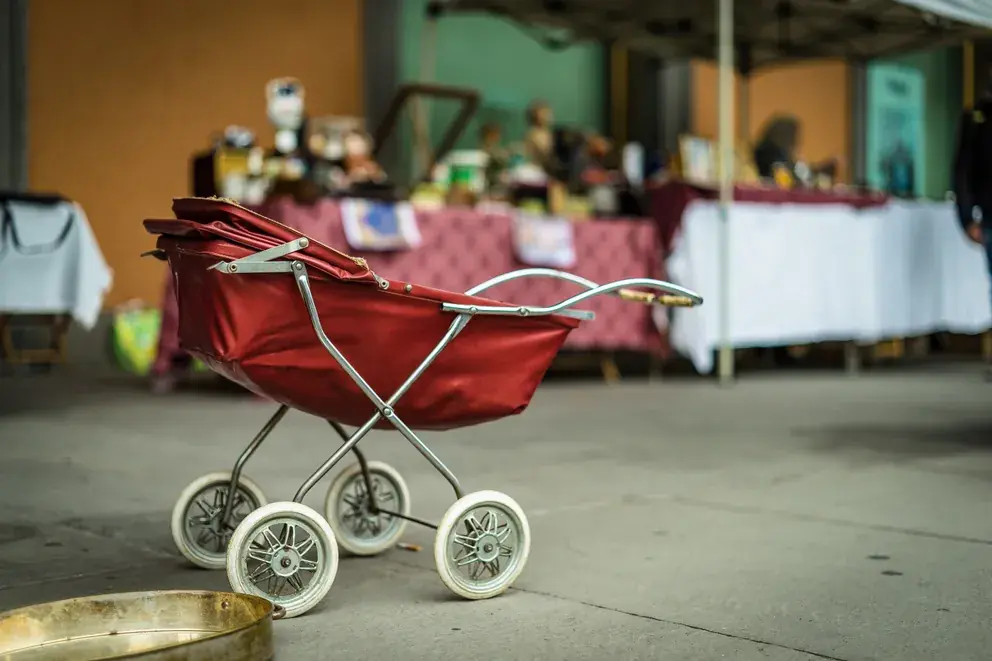
Mom Sells Old Stroller to Feed 4 Kids, Finds It on Her Doorstep the Next Day with Note Inside – Story of the Day
A pregnant mother of three needs to sell her stroller to feed her three children after she was abandoned by her husband.
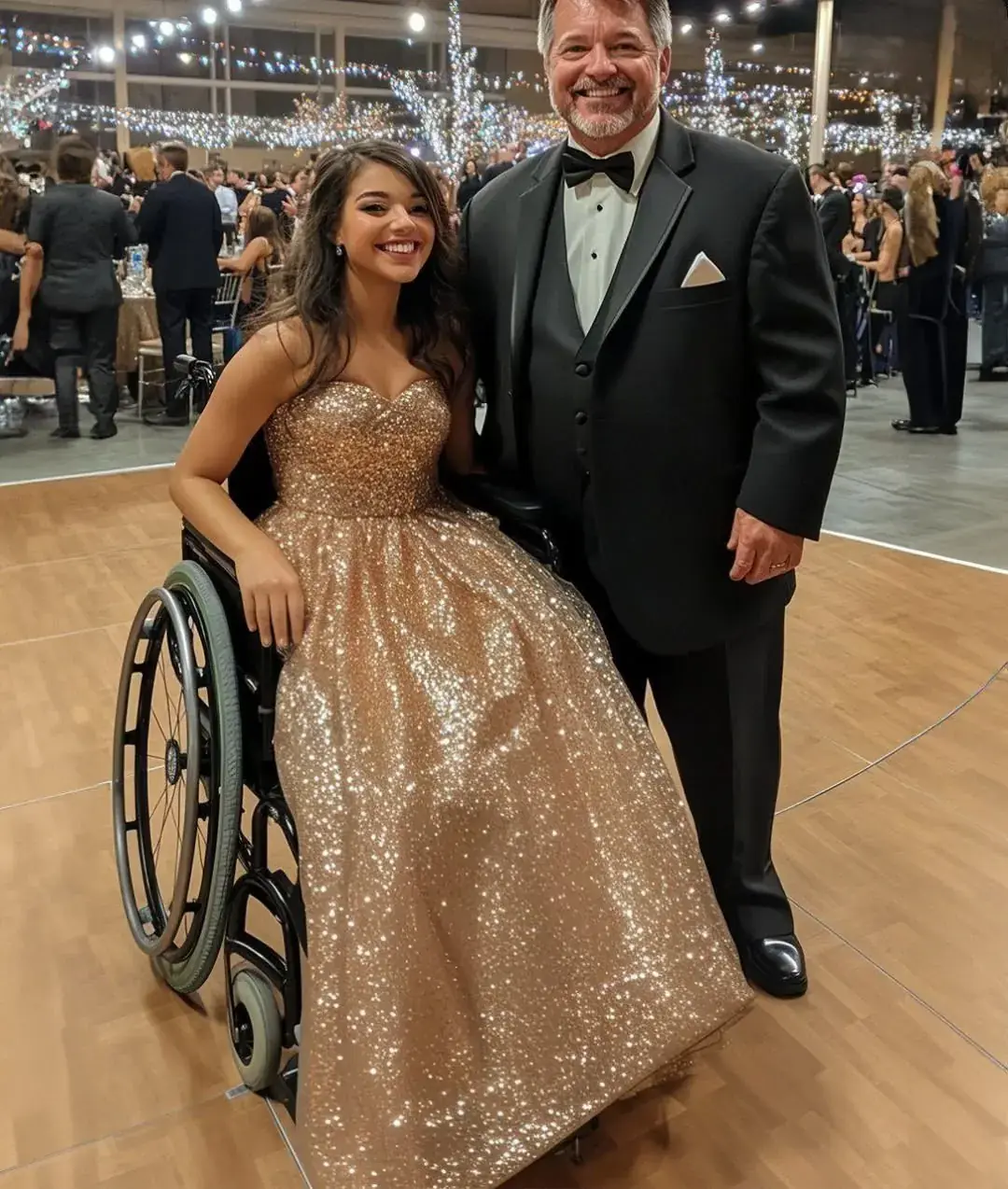
A Father’s Redemption: How One Dad’s Love Gave His Disabled Daughter a Future Beyond Her Dreams
Prom Night Miracle: Devoted Dad Takes Disabled Daughter to Prom—Then Finds a $10K ‘Dad of the Year’ Surprise!
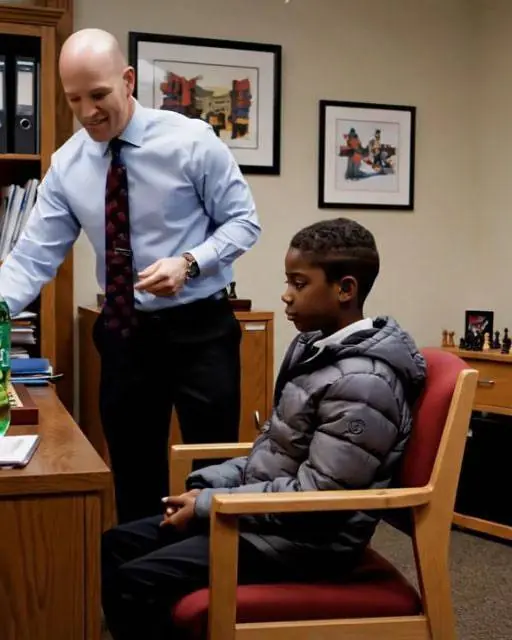
He Wouldn’t Take Off His Hat In Class—But When I Found Out Why, Everything Changed
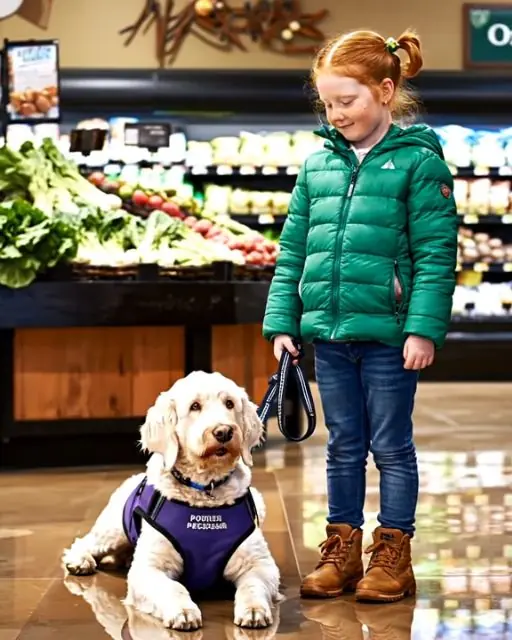
A Stranger Yelled At My Daughter In Public—So I Made Sure She Got What She Deserved
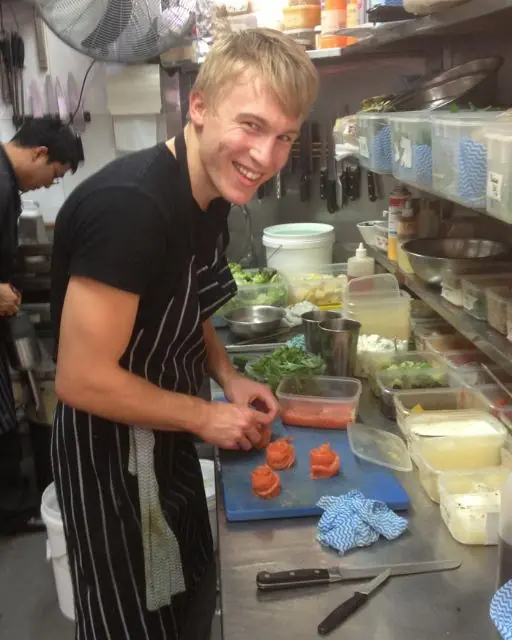
My Cousin Got A Job At My Ex’s Restaurant—And Then Sent Me A Photo Of What He Found In The Walk-In

THE SON OF WEALTHY PARENTS MARRIED A YOUNG WOMAN AND MOVED TO A REMOTE HOUSE – HIS PARENTS COULD HARDLY RECOGNIZE HIM AFTER SIX MONTHS
A terminally ill son of wealthy parents marries a young woman, and they move to a remote area. Six months later, his parents can't believe how different their son has become. Discover how love and a simpler life changed everything for Gennady and Lena.

From Betrayal to Hope: Meggie's Unlikely Journey of Healing and Love
A woman, abandoned by her husband, unexpectedly finds herself in a remote house, sharing space with a man bound to a wheelchair. Over time, they form an unlikely bond, overcoming hardship, loneliness, and self-doubt. Can love truly heal even the deepest

Since you left all the inheritance to my brother, I’m not going to pay your bills anymore!
In a life full of changes, Marina always believed that family was everything. However, when she unexpectedly discovered her parents' will, she realized that family bonds could sometimes be determined by numbers and paperwork. Faced with a deep rift with
News Post

Scientists just found a breast cancer-killing molecule in scorpion venom
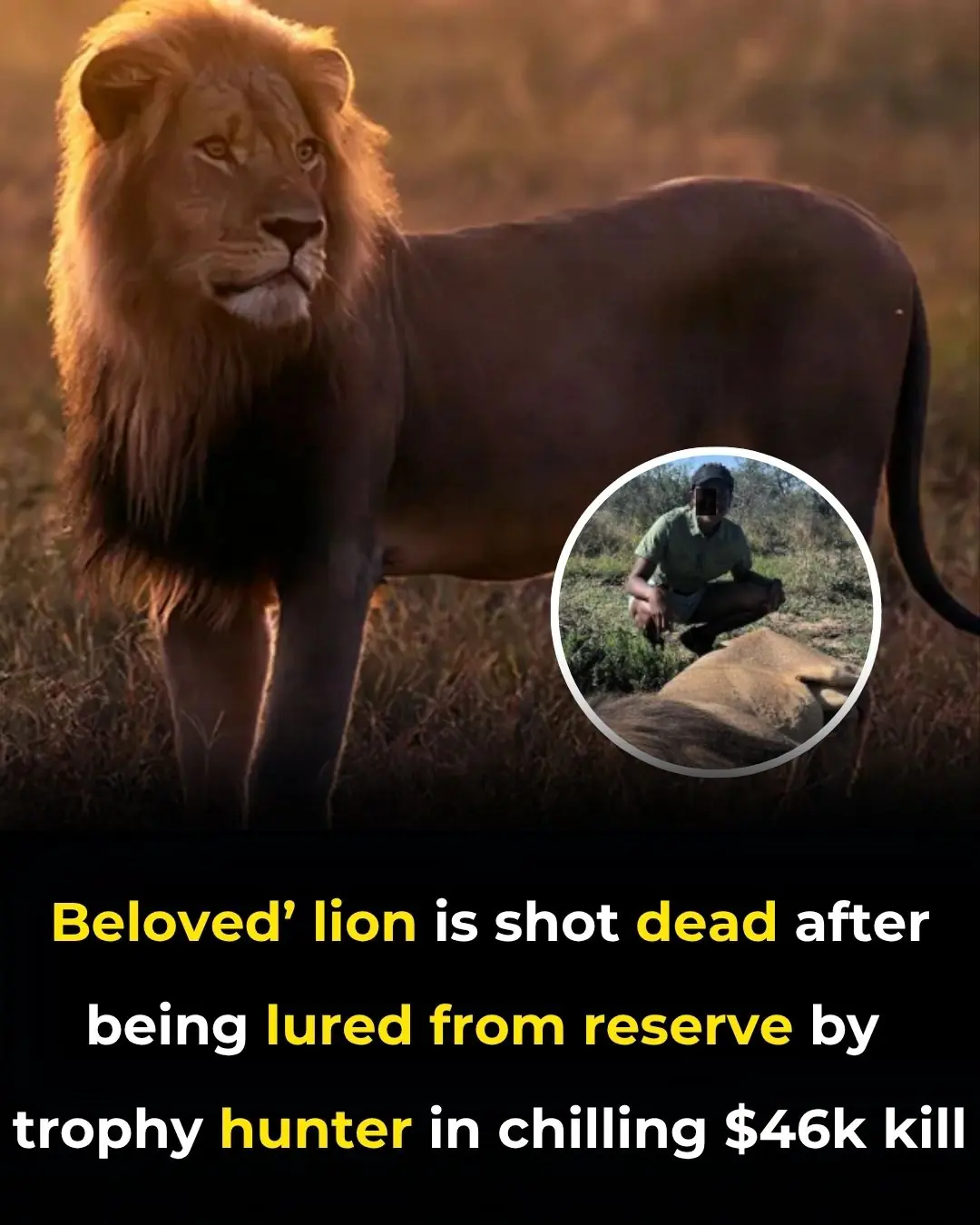
‘Beloved’ lion is shot dead after being lured from reserve by trophy hunter in chilling $46k kill

Breakthrough male birth control pill just passed human safety testing

Elderly Woman Divorces Her Husband after 50 Years of Marriage, but She Later Regrets It – Story of the Day

Elon Musk uses single emoji to reveal if he thinks Trump will pardon Ghislaine Maxwell

I Met My Husband and His Mistress at a Public Pool – I Wanted to Teach Him a Lesson, but Karma Had Other Plans

A Week Ago, My House Was Robbed — Today, My Son (Who Doesn't Have a Job) Bought Himself a Sports Car

My MIL Gave My Husband Papers to Divorce Me as a Birthday Gift – What He Did Next Left Everyone Speechless

I Came Home to Find My Kids Sleeping in the Hallway — What My Husband Turned Their Bedroom into While I Was Away Made Me Feral

My Ex-MIL Demanded Receipts for Every Dollar of My Child Support Payments That I Spend

After his wife’s funeral, a father, devastated by grief, took his son to the sea to distract him.

Fake Honey Is Taking Over Store Shelves — Here’s How to Tell What’s Genuine

Daddy, that waitress looks just like Mommy!” The words hit James Whitmore like a shockwave. He turned sharply—and froze. His wife had died.

Experts claim mankind will die in world-ending ‘cosmic hell’ revealing the exact time the horrific event will occur

— Where did such a huge bill come from? Honey, are you sure no one is stealing our electricity?” I asked in surprise.

Swap apartments temporarily with my daughter! She just had a son!” — the mother-in-law “forgot” that temporarily means forever
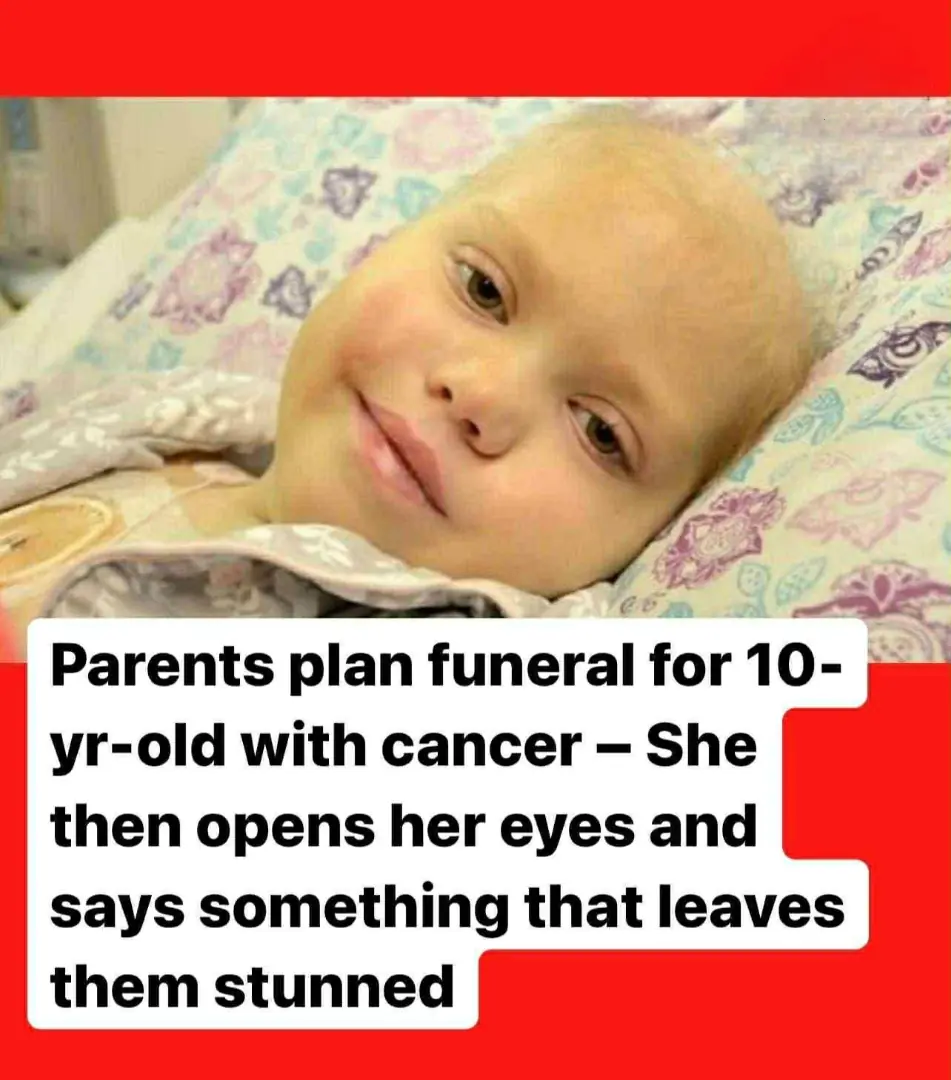
Parents plan funeral for 10-yr-old with cancer – She then opens her eyes and says something that leaves them stunned

After I Saw The Baby My Wife Gave Birth To, I Was Ready To Leave Her — But Then She Said, “There’s Something I Need To Tell You.”
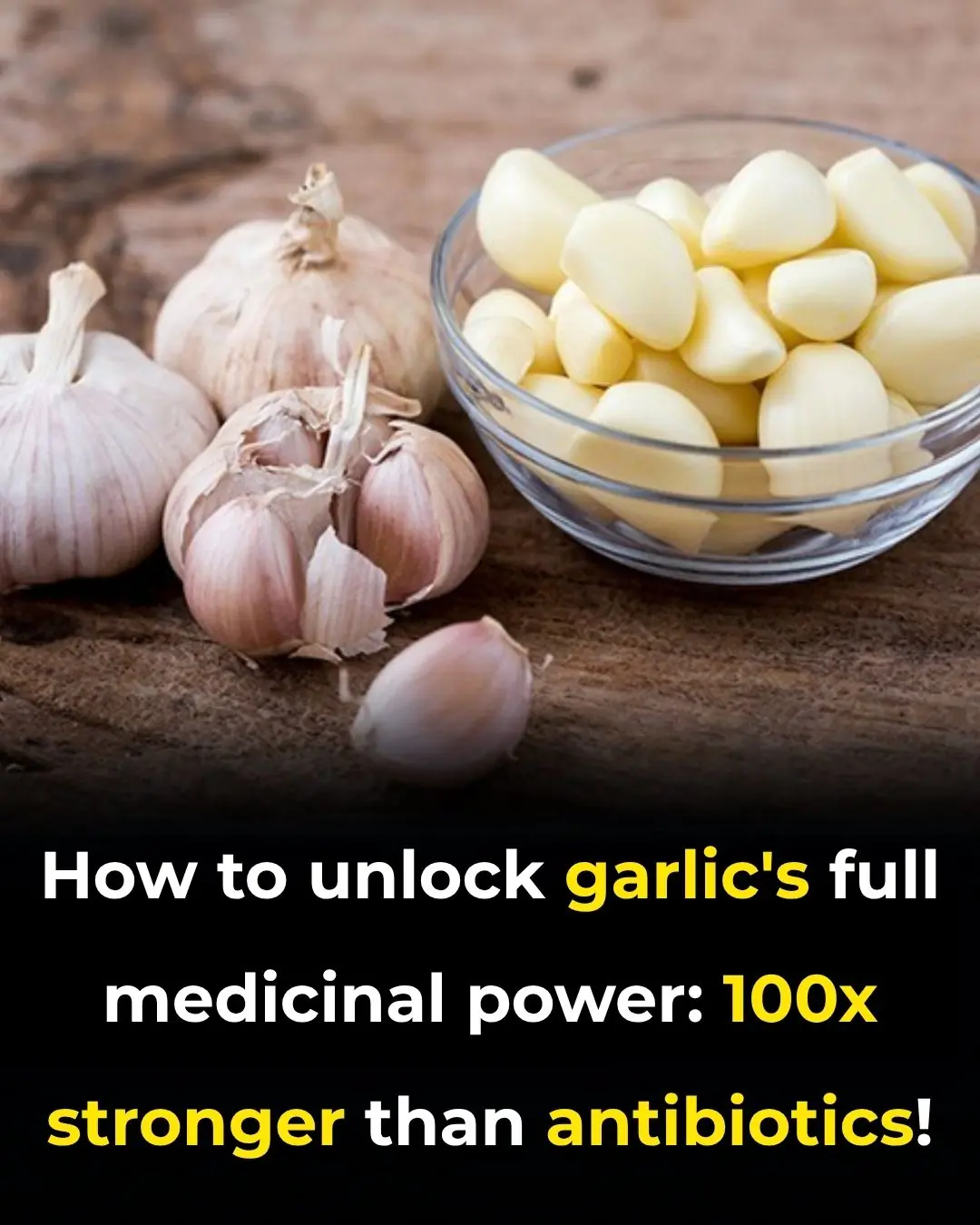
Medicinal Health Benefits of Garlic (Raw, Supplement) – Science Based

Mom Sells Old Stroller to Feed 4 Kids, Finds It on Her Doorstep the Next Day with Note Inside – Story of the Day
A pregnant mother of three needs to sell her stroller to feed her three children after she was abandoned by her husband.